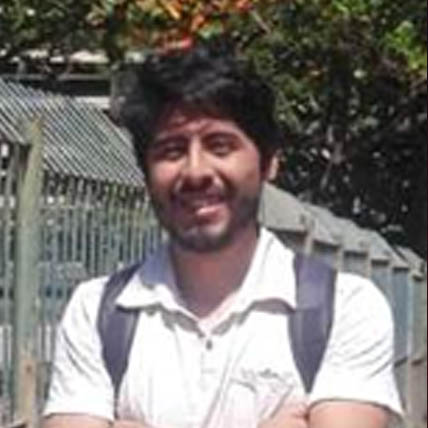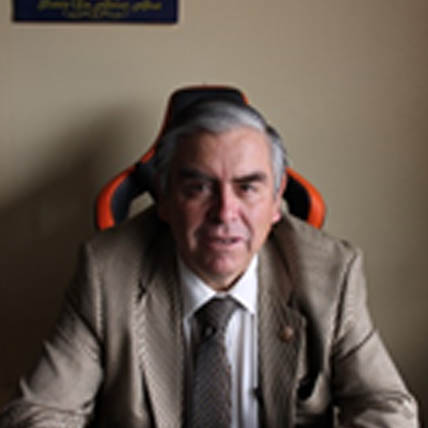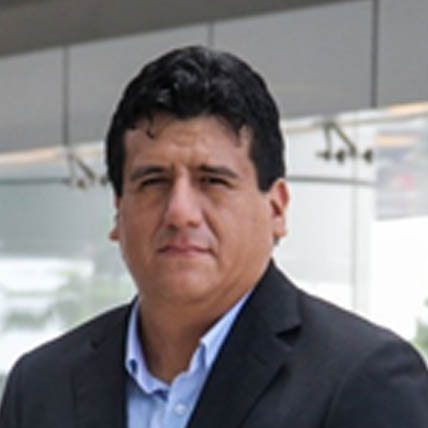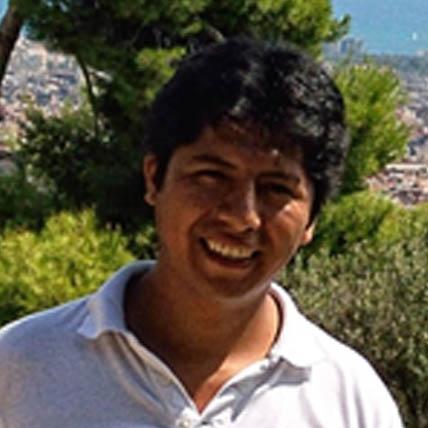Track on Data Science for Remote Sensing (DSRS)
Call for Papers
Remote Sensing is a tool for Earth’s observation and analysis that has gained relevance due to the increasing interest in the comprehension of Earth’s behavior. Among its many applications, remote sensing allows the monitoring of climate change, urban expansion, deforestation, water distribution, natural hazards, as well as the control of agricultural production, control of mining-related activities and care of biodiversity.
The Track on Data Science for Remote Sensing (DSRS) is a special stream of the SIMBIG 2019 that aims to gather the experiences of researchers around the world that use data science, data mining, machine learning, big data, and cloud computing techniques for satellite and aerial image interpretation.
Scope and Topics
The DSRS track will include relevant themes related to Remote Sensing, which include, but are not limited to the following topics:
- Image classification
- Data fusion
- Feature extraction
- Change detection
- Multitemporal analysis
- Air quality assessment
- Landuse/Landcover mapping
- Forestry/Agricultural monitoring
- Biodiversity/Ecosystem monitoring
- Climate change monitoring
- Water resources monitoring and assessment
- Natural disasters and hazards management and assessment
Long Papers
Long Papers are limited to a total of 14 (fourteen) pages, including all content and references, and must be in PDF formatted with the Springer publication format.
Short Papers
Short Papers are limited to a total of 7 (seven) pages, including all content and references, and must be in PDF formatted with the Springer publication format.
Organizers

PhD. Victor Hugo Ayma Quirita
Pontifical Catholic University of Rio de Janiero
Brazil

Ms. Waldo Elio Ibarra Zambrano
Universidad Nacional de San Antonio Abad del Cusco
Peru
Program Committee
- Raul Queiroz Feitosa, Pontifical Catholic University of Rio de Janiero, Brazil
- Pedro Marco Achanccaray Diaz, Pontifical Catholic University of Rio de Janiero, Brazil
- Walter Aliaga Aliaga, Federal University of Rio de Janeiro, Brazil
- Patrick Nigri Happ, Pontifical Catholic University of Rio de Janiero, Brazil
- Victor Hugo Ayma Quirita, Pontifical Catholic University of Rio de Janiero, Brazil




